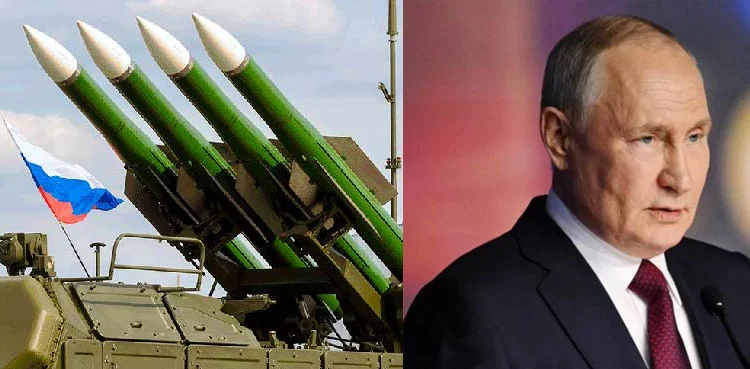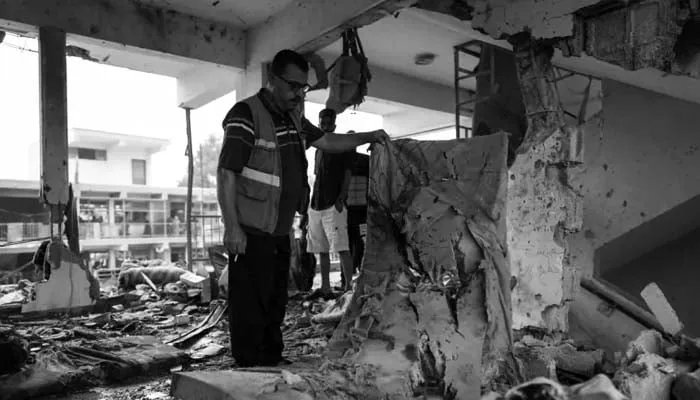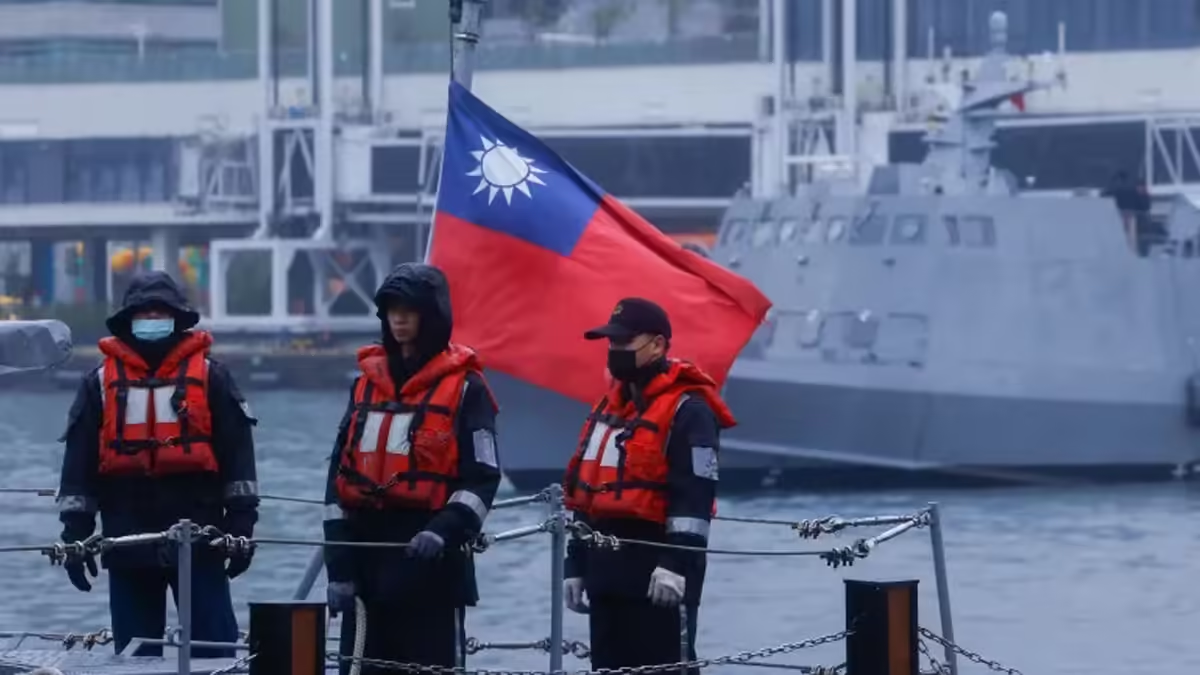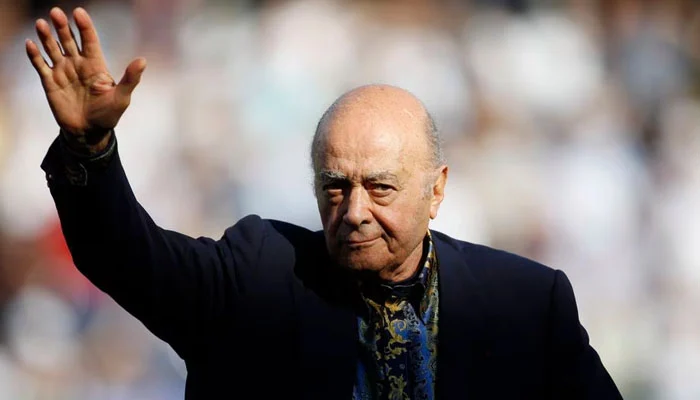In response to escalating tensions and perceived threats from European leaders, Russia has made a significant decision regarding its nuclear arsenal, signaling a strategic shift in its military posture.
Recent developments, including declarations of military support for Ukraine from European nations, have prompted Russia to adjust its strategy, culminating in the announcement of military exercises that will involve the utilization of nuclear weapons.
Russian officials have disclosed plans to conduct exercises encompassing the deployment and potential use of tactical nuclear weapons, marking a notable departure from previous military maneuvers.
The Kremlin, in a statement issued on Monday, confirmed that Russian President Vladimir Putin has ordered these military exercises in direct response to statements made by Western and NATO member states regarding the potential deployment of troops to Ukraine.
The Russian Ministry of Defense has elaborated on the scope of these exercises, indicating that they will encompass scenarios involving the production and deployment of non-strategic nuclear weapons, underscoring Russia’s preparedness to respond decisively to perceived threats.
The catalyst for Russia’s strategic recalibration can be traced back to recent pronouncements by European leaders, which Moscow views as provocative and destabilizing. French President Emmanuel Macron’s assertion that France would consider deploying ground troops to Ukraine upon Kiev’s request, followed by British Foreign Minister David Cameron’s suggestion of utilizing British weapons against targets within Russia, have heightened tensions in the region.
Russia swiftly condemned these statements, characterizing them as aggressive and inflammatory. In response, Moscow has opted to bolster its military readiness, with the incorporation of nuclear exercises serving as a potent deterrent against potential adversaries.
This latest move by Russia underscores the precarious nature of the geopolitical landscape and highlights the potential for further escalation if diplomatic channels remain unexplored.
The prospect of nuclear exercises adds a new dimension to an already volatile situation, raising concerns among the international community about the potential ramifications of heightened military activity in the region.
As tensions continue to simmer, the imperative for dialogue and de-escalation becomes increasingly pressing. The specter of nuclear conflict looms large, necessitating a concerted effort by all parties to defuse tensions and pursue diplomatic solutions to the underlying grievances.
In navigating this delicate geopolitical balance, it is imperative for stakeholders to prioritize diplomacy, dialogue, and constructive engagement to avert the catastrophic consequences of a potential military confrontation.
The onus is on all parties involved to exercise restraint, demonstrate goodwill, and work towards peaceful resolutions that uphold the principles of international law and respect for sovereignty.
As the world watches with bated breath, the stakes have never been higher, underscoring the urgent need for concerted diplomatic efforts to prevent the situation from spiraling out of control.



